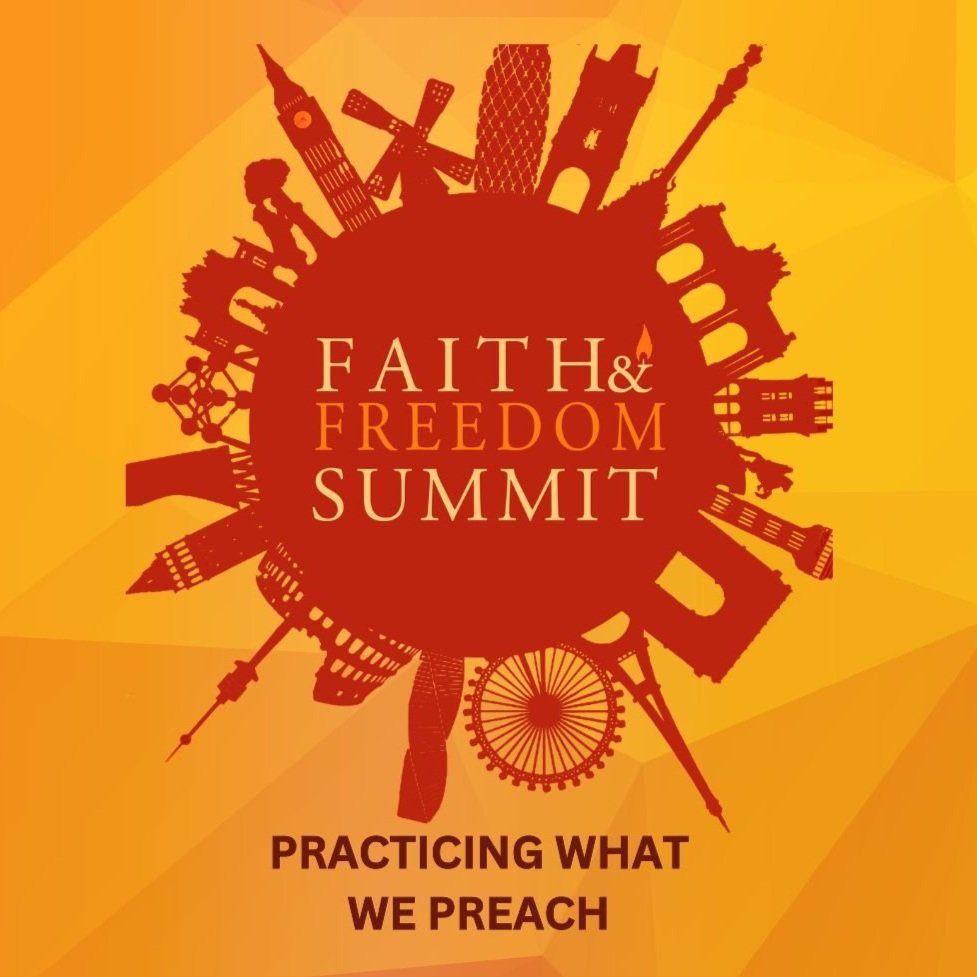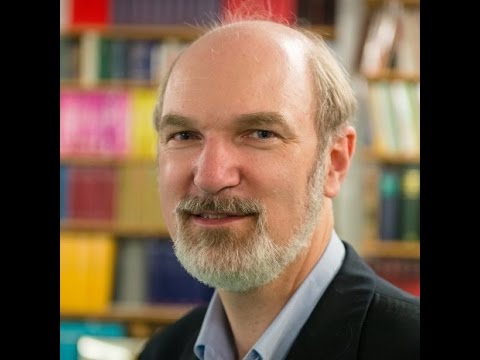Weave Freedom of Religion and Belief into the DNA of the European Union
Fight religious and non-religious extremism
in all its variations
Thomas Schirrmacher
President of the International Society for Human Rights
Chair of the Theological Commission of the World Evangelical Alliance
The right to Freedom of Religion or Belief (FoRB) is an appropriate identifying characteristic for Europe, we should be working it into the DNA of the European Union.
That every person may have his own religion or world view, and may choose and change it, even openly and not secretly, whether it is of the majority faith surrounding one or whether one belongs to a tiny minority, and that such convictions are neither prescribed by the state nor imposed by other societal forces, counts as one of the central prerequisites of being free. A modern democracy without religious freedom is not conceivable. The “Arab Spring” suffered from a lack of FoRB and thus could not lead to a fully-fledged democracy.
FoRB is profoundly tied to other fundamental rights such as the freedom of conscience, the freedom of opinion, the freedom of speech, the freedom to assemble, and the freedom of the press. A secular democratic constitutional state which presupposes the separation of religion and state, can only be a free state if it champions FoRB, allows religion or belief to act in the public arena and does not fight the religious and non-religious views of its citizens.
Religious freedom is not only a complementary match to a secular democratic constitutional state, it is also the prerequisite for religious peace. It is necessary for the absence of civil war or war which is religiously motivated, or world view-motivated. This is due to the fact that religious freedom cannot emerge when religious communities or non-religious people are forced to renounce their own understanding of truth or must agree on “a truth” to the extent that the differences in belief almost disappear. It is generally known, that denominations of the same world religion, whose “truth” was quite close to each other, nevertheless have frequently conducted religious wars against each other, while in many places religions with widely divergent “truth” lived in peace together for long periods. It is rather through the willingness to demonstrate religious freedom which includes publicly displaying one’s own religion peacefully and in coexistence with adherents of other religions and world views that peace can come about. Furthermore, this means transmitting religion through discourse, not through the aid of state power, or by violence, or coercion against those who think differently.
FoRB is not in the DNA of Europe Europe has not attained this right better than all other continents, for example large parts of Latin America have achieved more. And it is not in the DNA of Europe, because there would be the one and good way how it is standardly implemented in Europe. European history is full of colliding rivalries of state religions and majority religions, even within Christianity, and the way of transition from those state religions to modern democracies has been different in every country and region. Sometimes even within one country one still can find rival systems, such as in France between laicite in the majority of the country, and the old way coming from the times of the German Empire, of providing finances to the church from general taxes as in the Districts of Moselle, Bas-Rhinand Haut-Rhin, the prior Alsace-Moselle; or in Greece, where in Thrace375 mosques and their staff are paid out of the general taxes according to the 1923 Lausanne Peace Treaty, whilst in the rest of the country the Greek Orthodox Church still dominates and mosques do not have an easy position.
Rather, FoRB should be part of the DNA of the EU, above all, due to the fact that the fundamental values that hold Europe together were essentially achieved in the face of what used to be the lack of FoRB and its devastating consequences of wars and enmity between religious confessions as well as atheistic world views trying to overcome religion altogether. Generations have worked for it, many brave people have suffered for it. Far too many left for America generations ago to find the freedom they did not have in Europe. The way to religious freedom in the North & West, in the South & East of Europe has historically been a very different one, the collapse of the Soviet Union and its satellite states being the youngest triumph of FoRB, among other things.
That the idea and practice of FoRB in different regions and countries in Europe is moving closer towards each other, is - with all its shortcoming - mainly due to the Organisation for Security and Europe – growing from the treaties between the parties of the cold war, in which FoRB played a prominent role, and due to the European Council and its European Court for Human Rights with major decisions on FoRB. The European Union has started to champion FoRB worldwide through its own special envoy, even though I wish he would have more resources available. But it is time that the European Union champions FoRB in its own ranks and proves, that it is at least as dedicated to bringing FoRB to every last corner of the EU, as both the OSCE and Council of Europe are.
A human right always means, that the State defends the rights of those peacefully using it, but at the same times battles with all legal means those who violate the rights of others or want to destroy those rights altogether. This is true for FoRB to. It might be adherents of the same religion the State has to protect and has to stop, for example the peaceful believers and religious extremists using violence against others. Migrants need to find Europe as a safe haven for practicing their faith or world view, and also to find that a strong state will protect FoRB against religious and non-religious extremists of all kinds.
In today’s Europe, there are still too many people who want to make use of FoRB for their own religious or world view community and enjoy that, but do not seek and defend it for others. It is a noble task for any member of the European Parliament to help to spread the idea, that FoRB for others is the best way to protect one’s own FoRB and that FoRB for all is a road to a peaceful society.

